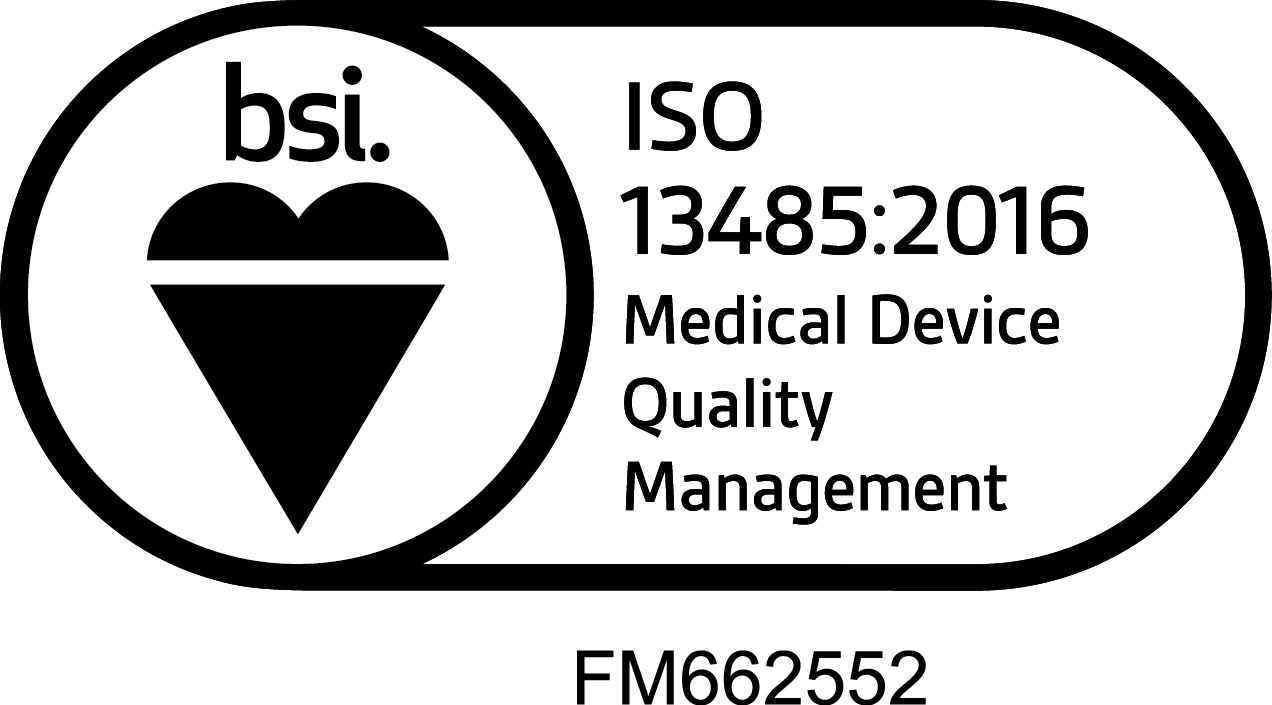Streamlined dimensioning data shows potential savings of 826 minutes on inspection process.
Data points and dimensions are critical in device design and development, but can also overwhelm the inspection process. Keeping data in balance is a tightrope medical device manufacturers and companies have to walk.
Inspection is one of the essential processes that’s slowed down by too many data points. Cluttered designs are time-consuming to program, machine and inspect. This issue is further magnified if the original drawings become part of the design history file for later use in product line extensions and product enhancements.
The entire programming, prototyping and inspection process timeline can be simplified through profile dimensioning, as part of Geometric Dimensioning and Tolerancing (GD&T), to remove unnecessary data points.
To test how streamlined the process can be, Lowell compared linear dimensioning with profile dimensioning on a cervical plate for a customer.
Across seven areas – including dimension drawing, coordinate measuring machine (CMM) programming, inspection reporting and dimensional inspection – profile dimensioning took 419 minutes. This was less than a third the time of linear +/- dimensioning, which took 1,245 minutes.
Choosing the right data points keeps product development efficient by focusing only on the dimensions and features that are critical to a design. By removing what’s unnecessary, the entire process is less complicated.
To arrive at the critical data points for profile dimensioning, Lowell works with a customer’s design team. Once they fully understand the part’s intended use and design, Lowell’s team can run a design of experiments and confirm features that are deemed to be critical. This critical feature confirmation (CFC) assists the engineer in the selection of features that are truly critical to a product’s design.
Weeding out critical from non-critical features saves time throughout the development, inspection and final production stages. Through the CFC process, the customer has a final device that functions as designed and isn’t caught in an endless and lengthy cycle of inspections and revisions.
Contact Lowell today to learn how profile dimensioning can improve inspection time on your next product. To download our White Paper on Profile Tolerancing click here.

 13485:2016 Registered
13485:2016 Registered